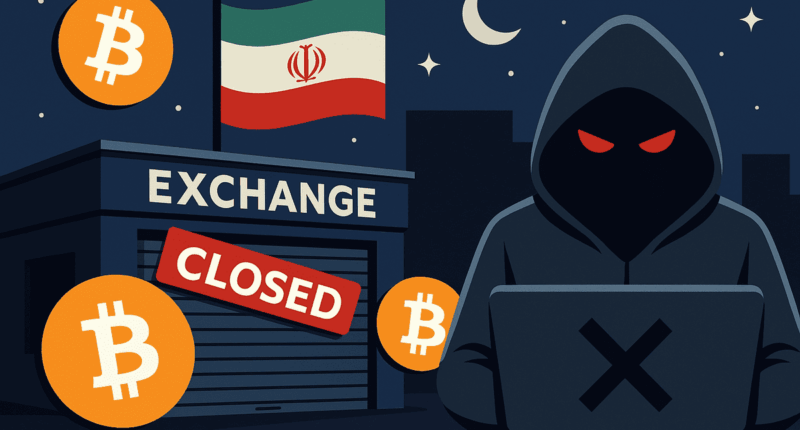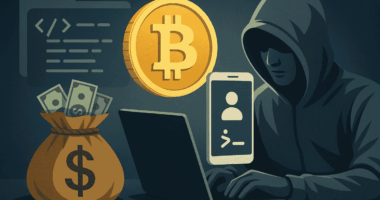Iran’s central bank has ordered domestic cryptocurrency exchanges to operate only between 10 a.m. and 8 p.m., following a $100 million hack on Nobitex, the country’s largest crypto exchange. The curfew, comes after pro-Israel hacker group Gonjeshke Darande claimed responsibility for the exploit.
According to Chainalysis’s head of national security intelligence, Andrew Fierman, the new restrictions may help authorities better manage future attacks. Incidents are easier to triage if they’re not happening in the middle of the night. He also noted the curfew is likely a move by Iran’s regime to exert tighter control over crypto transactions, especially amid heightened geopolitical tensions and the threat of capital flight.
Politically motivated attack destroys funds
The Nobitex hack involved the theft of crypto assets including Bitcoin, Ether, Dogecoin, XRP, and Solana. Uniquely, the stolen funds were not laundered or sold, they were burned. The assets were sent to burner wallets with no private key access, rendering them permanently inaccessible.
This event stands out given the intent appears to have been politically motivated to take funds away from the regime. Burning tokens removes them from circulation by sending them to unusable addresses.
Nobitex, considered the backbone of Iran’s crypto system, reported it has taken the breach seriously. External access to servers was shut down, and assets are being transferred from hot wallets to secure offline cold storage. The platform also confirmed that user access remains suspended but assured customers that its Reserve Fund would cover all losses.
Nobitex: A central pillar in Iran’s crypto ecosystem
Nobitex has processed over $11 billion in inflows more than the next ten Iranian exchanges combined. The platform plays a vital role in connecting Iranian users to global crypto markets, particularly in a country cut off from traditional financial systems due to sanctions.
The exchange has also been linked to controversial entities, including Houthi rebels in Yemen, pro-al-Qaeda media, and sanctioned Russian platforms like Garantex and Bitpapa.
Iran previously shuttered exchanges in December to prevent depreciation of its national currency. With Israel-Iran tensions escalating, officials appear more determined than ever to curb unregulated crypto activity.





